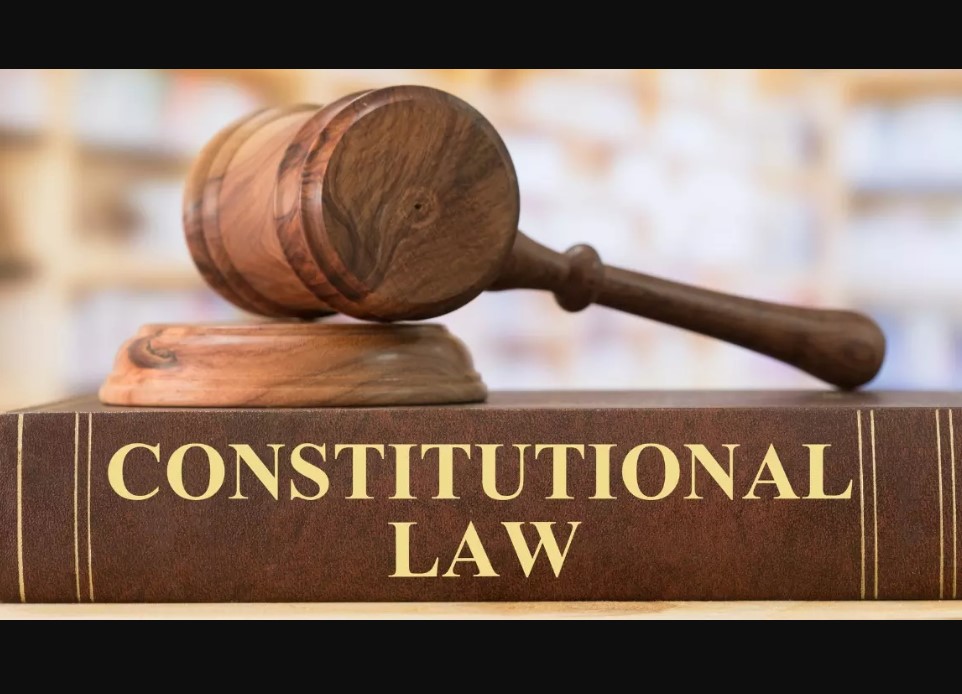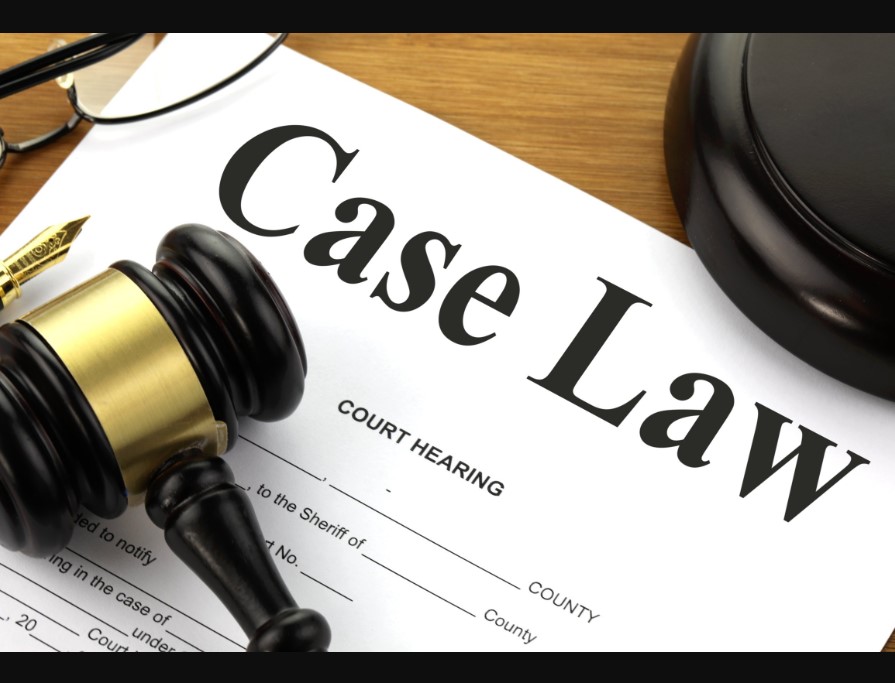
Constitutional law forms the bedrock of any nation’s legal system, defining the structure, powers, and limits of government as well as the rights and freedoms of citizens. It’s essential for shaping the balance of power among branches of government and serves as a guiding principle for other areas of law. In this article, we will explore the core aspects of constitutional law, its significance, and the way it influences societies worldwide.
What is Constitutional Law?
Constitutional law is the body of law that deals with the interpretation and implementation of a nation’s constitution. The constitution is a fundamental document, often regarded as the supreme law of the land, that outlines the structure of government, assigns powers, and enshrines the rights of citizens. It serves as a framework, guiding lawmakers, officials, and the judiciary in the development and enforcement of laws. In nations with written constitutions, such as the United States, this body of law takes on particular importance as the constitution is seen as the ultimate legal authority.
Historical Foundations of Constitutional Law
Constitutional law traces its roots back to early democratic principles and theories of governance. In the Western world, key milestones include:
- Magna Carta (1215): Seen as a cornerstone of constitutional law, this English document limited the powers of the monarchy and laid the foundation for rule of law.
- The U.S. Constitution (1787): The world’s oldest written national constitution still in use, it established a system of checks and balances and enshrined the rights of citizens.
- French Declaration of the Rights of Man and of the Citizen (1789): This document, inspired by the American and French revolutions, influenced constitutional developments worldwide by focusing on individual rights and freedoms.
The growth of constitutionalism helped pave the way for modern democratic systems, encouraging nations to adopt constitutions that limit governmental power and protect citizens.
Core Principles of Constitutional Law
Constitutional law revolves around several key principles that guide the functioning of government and protect individuals’ rights.
Separation of Powers
The concept of separation of powers divides government authority among distinct branches—executive, legislative, and judicial. Each branch has specific roles and responsibilities, preventing any single branch from accumulating excessive power. For example, in the United States, the president (executive branch) enforces laws, Congress (legislative branch) makes laws, and the Supreme Court (judicial branch) interprets laws. This separation aims to create a system of checks and balances, where each branch holds the others accountable.
Federalism
Federalism is the division of power between a central government and regional governments, like states or provinces. This structure allows regions to have a degree of autonomy while still remaining under a unified federal system. In countries such as the United States, Canada, and Germany, federalism creates a balance between national and regional interests, providing flexibility and representation for diverse regions.
Judicial Review
Judicial review is the power of courts to examine laws and governmental actions to determine whether they conform to the constitution. In countries like the United States, judicial review was established by the landmark case Marbury v. Madison (1803), which empowered the judiciary to interpret the constitution. Judicial review allows courts to invalidate laws or actions that infringe upon constitutional principles or violate citizens’ rights.
Rule of Law
The rule of law is a foundational principle in constitutional law that asserts that everyone, including government officials, is subject to the law. This principle ensures that laws are applied fairly and consistently, preventing arbitrary actions by those in power. Under the rule of law, laws must be clear, publicized, and stable, and people must have access to fair hearings and due process.
Rights and Freedoms in Constitutional Law
One of the most critical aspects of constitutional law is the protection of individual rights and freedoms. Constitutions often include a “bill of rights” or similar set of principles that safeguard fundamental rights, such as:
Freedom of Speech
Freedom of speech is a core right in many constitutions, allowing individuals to express their thoughts and opinions without government interference. It’s often subject to limitations for reasons such as public safety, national security, or hate speech, but it remains a cornerstone of democratic society.
Right to Privacy
Privacy rights protect individuals from unwarranted government intrusion into their personal lives. Constitutions, like the U.S. Constitution, safeguard these rights under the Fourth Amendment, which prohibits unreasonable searches and seizures. This right has gained additional significance with advancements in technology, as debates around digital privacy and surveillance continue.
Equality and Non-Discrimination
Constitutions frequently enshrine the right to equality, ensuring that all individuals are treated fairly and without discrimination based on race, gender, religion, or other attributes. This principle has been the foundation for numerous legal advancements in civil rights and equality worldwide.
Freedom of Religion
Many constitutions guarantee the freedom of religion, allowing individuals to practice or abstain from any religion of their choosing. This principle aims to protect religious diversity and prevent the establishment of a state-sponsored religion.
Constitutional Amendments and Adaptability
Constitutions are not static documents; they are designed to evolve to meet societal changes. Constitutional amendments allow lawmakers to make necessary adjustments, enabling legal systems to adapt. In the U.S., for instance, the Constitution has been amended 27 times, with amendments covering critical issues such as the abolition of slavery (13th Amendment), women’s suffrage (19th Amendment), and civil rights protections (14th Amendment).
In other countries, constitutional change may take the form of formal amendments or judicial interpretations that reflect contemporary values. For example, the Supreme Court of India has developed the “basic structure doctrine,” which limits the ability of Parliament to amend certain essential constitutional principles, thus preserving the core values of democracy.
The Role of Constitutional Courts
Constitutional courts, like the U.S. Supreme Court, Germany’s Federal Constitutional Court, and the Constitutional Council of France, play a significant role in interpreting and enforcing constitutional law. These courts ensure that laws align with constitutional principles and arbitrate conflicts between the branches of government. They are often called upon to rule on controversial issues such as human rights, privacy, and electoral law, shaping the interpretation of constitutional provisions over time.
Constitutional Law and Global Influence
Constitutional law has influenced legal systems around the world, with countries often drawing inspiration from each other’s constitutions. The U.S. Constitution, for example, served as a model for many countries in Latin America, while European nations have influenced each other through shared principles of human rights.
International organizations, such as the United Nations and the European Union, also influence constitutional law by promoting universal human rights standards and encouraging member states to adopt constitutions that respect democratic principles. This global interaction has helped foster a culture of constitutionalism that values human rights, rule of law, and democratic governance.
Conclusion: The Significance of Constitutional Law
Constitutional law is the foundation of a stable and just society, establishing the framework for government operation and safeguarding individual rights. By promoting checks and balances, protecting fundamental rights, and providing adaptability through amendments and judicial interpretation, constitutional law helps societies navigate complex legal and moral issues. As global influences continue to shape and challenge traditional notions of governance, constitutional law will remain a crucial mechanism for balancing government power and protecting the freedoms that define democratic societies.






